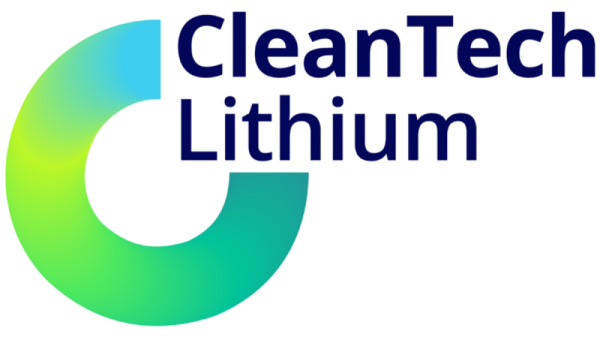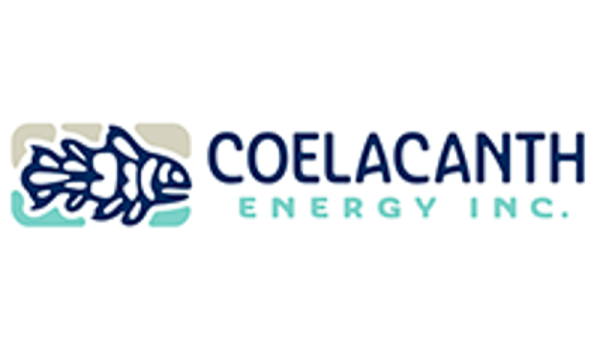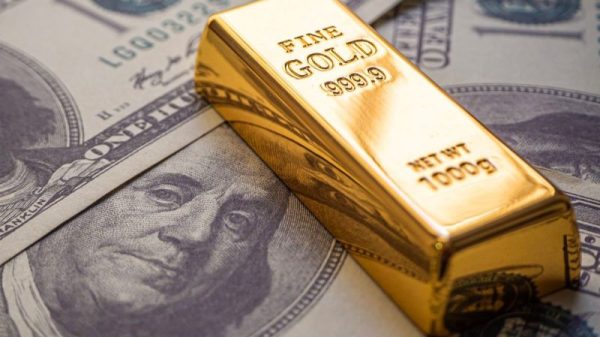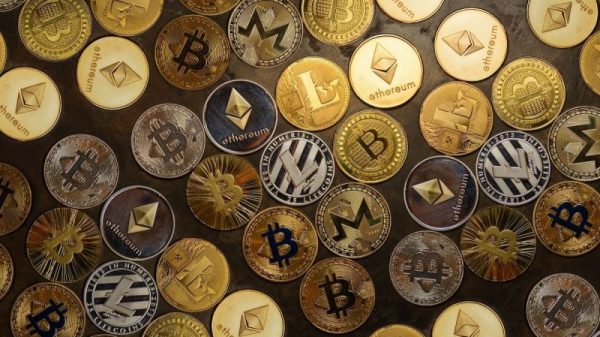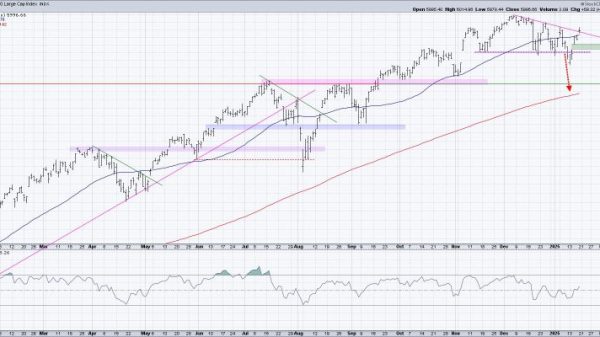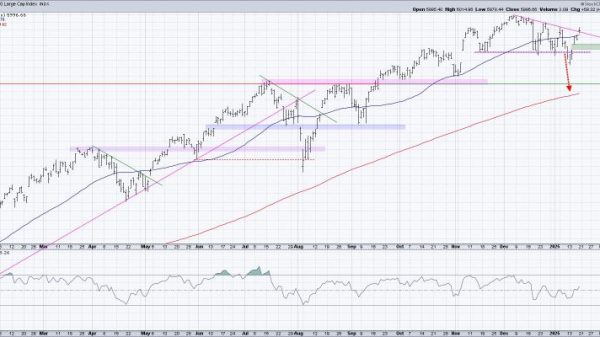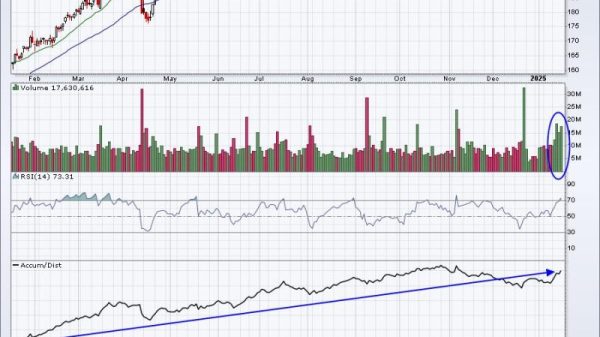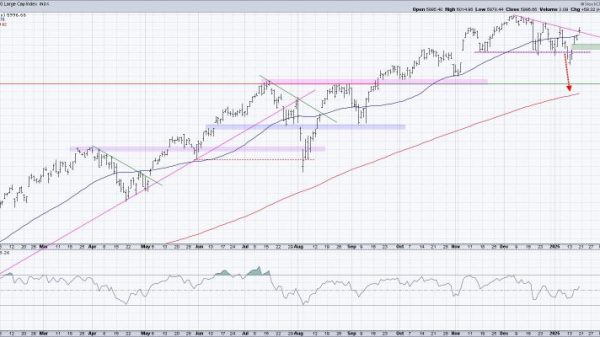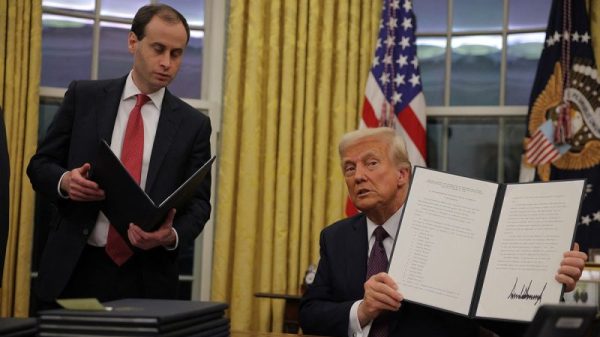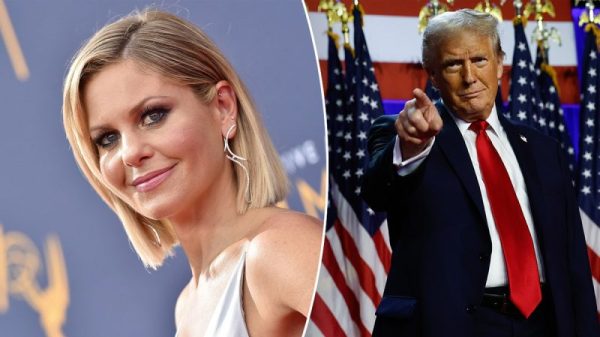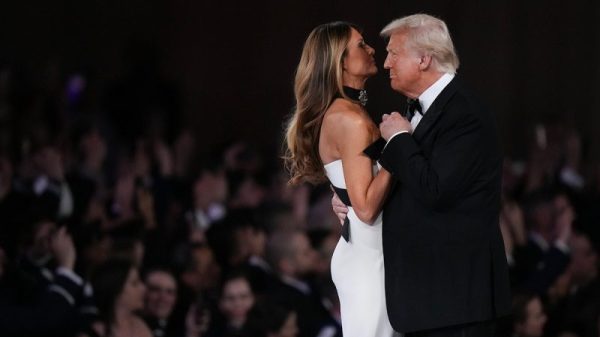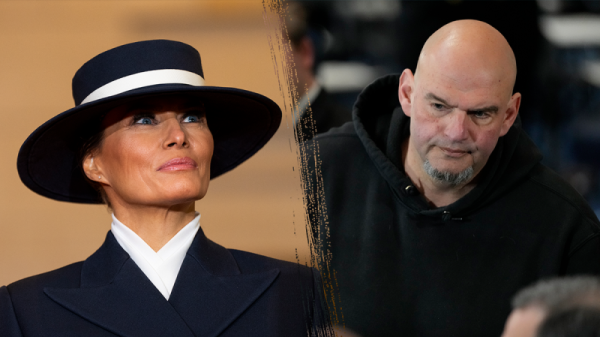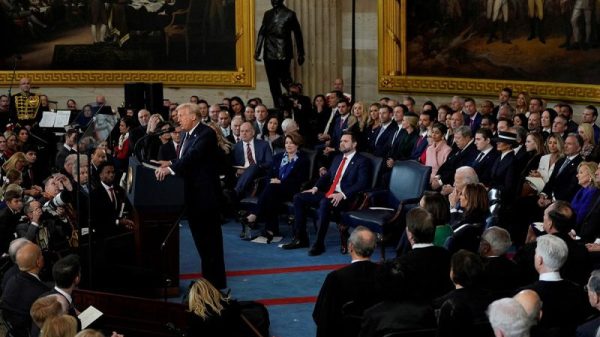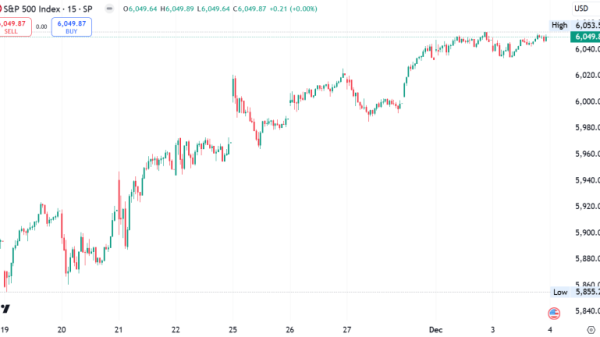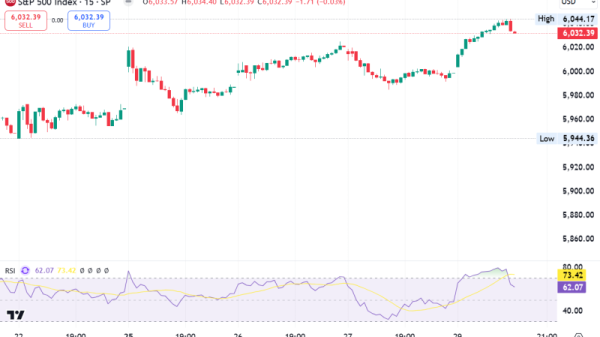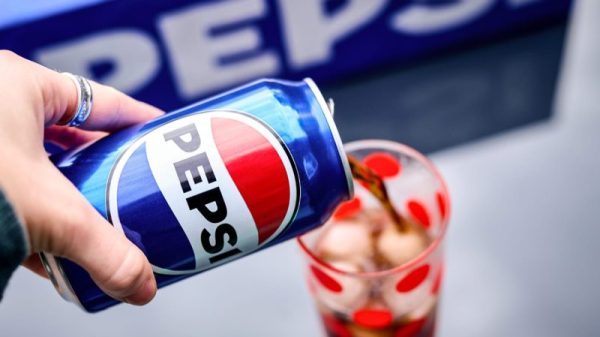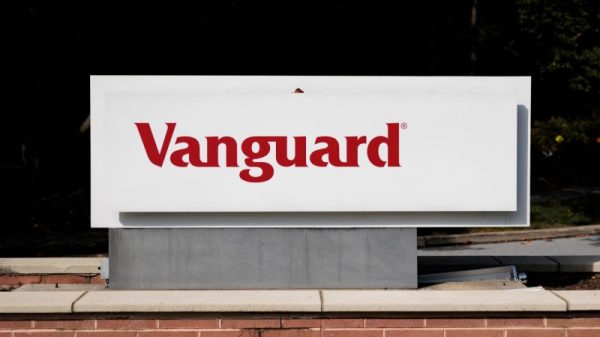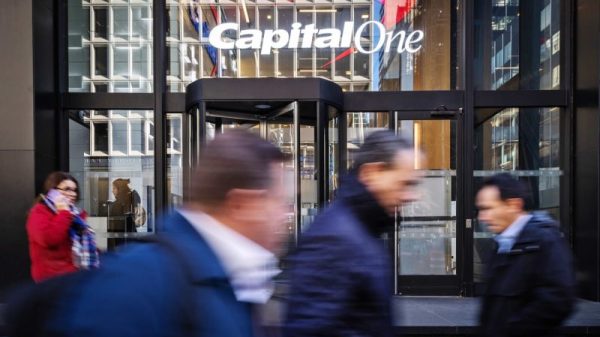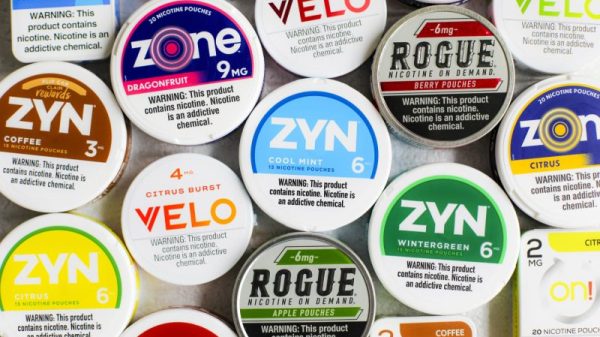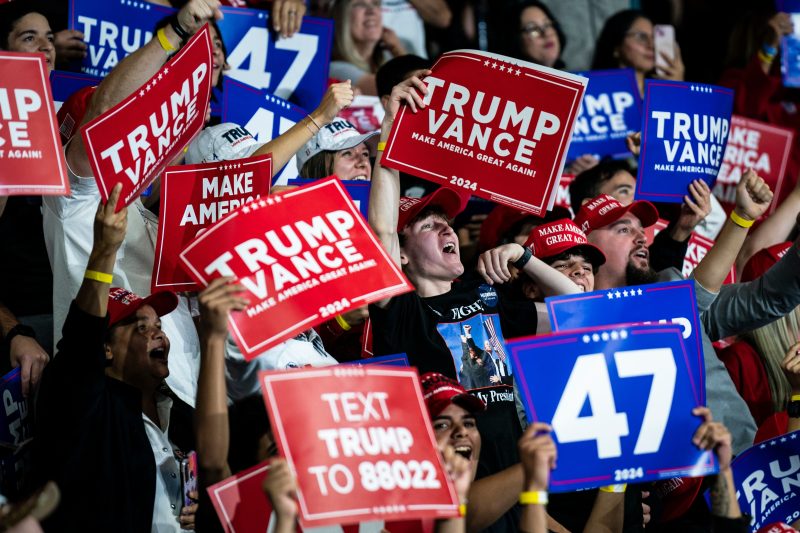There are those who dislike the metaphor of the frog in the slowly boiling water, but it’s hard to deny its utility. Perhaps frogs aren’t as complacent as the morality tale would suggest, but the idea of a critter becoming acclimated to increasingly dangerous environs deserves some sort of short hand. Particularly at the moment.
It is safe to say that, with less than a month remaining before the presidential election, many supporters of both of the major-party candidates would compare the American populace to those frogs. Republicans see a citizenry unaware that the nation is facing a crisis of the economy and public safety, mirroring the (pun intended) overheated presentation of their nominee, former president Donald Trump. Democrats see a country unconcerned about the risk of tipping into authoritarianism, a concern amplified by Vice President Kamala Harris (and that’s also driven by Trump’s past actions and rhetoric).
Partisans tend to see the other party’s candidate as an embodiment of the problem, an extreme manifestation of a political ideology they oppose. Unsurprisingly, then, polling conducted by YouGov for the Economist found that significant portions of the country view Trump and Harris not just as conservative and liberal, respectively, but very liberal or conservative. Perhaps unexpectedly, more Americans say Harris is very liberal (37 percent) than say Trump is very conservative (28 percent).
That’s in part because Democrats are less likely to say that Trump is very conservative (40 percent do) than Republicans are to say that Harris is very liberal (71 percent do).
That is in part because Republicans are more fervent in their ideology than are Democrats. That’s reflected in how partisans view their own candidates. About half of Republicans say Trump is “conservative” with another quarter saying he’s “very conservative.” Among Democrats, a bit under half say Harris is “liberal” — with nearly a third describing her as “moderate.”
The embrace of “liberal” as a descriptor on the left is relatively recent, as historic Gallup data indicates. For the past 30 years, Americans have been more likely to call themselves “conservative” than “liberal,” but that gap is narrowing. That’s because Democrats — who in the mid-1990s were as likely to use the term “liberal” to describe themselves as “conservative” — have become more likely to use “liberal.” But nearly 4 in 10 still use “moderate” (compared to 2 in 10 Republicans) and 1 in 10 Democrats use “conservative” (twice the percentage of Republicans that use “liberal”).
Republicans have shifted too, but more modestly. In 1994, 6 in 10 described themselves as “conservative.” Now, 7 in 10 do.
But there’s been another shift over the past decade, one that again evokes the story of the frog in its Jacuzzi. What it means to be “conservative” has shifted — perhaps not among purists but certainly among a lot of Americans. Donald Trump has been the Republican nominee for three straight cycles and, as the head of the ticket, has helped reshape the party and redefine right-wing politics.
So by the standard of national politics in 2014, Trump is unquestionably more ideological than Republicans overall. We might not have used “conservative” to describe his politics at the time, since “conservative” was a signifier for Republican spending and social positions. Now it’s a signifier for Trump’s far-right mix of populism, isolationism and xenophobia. And by the standard of the new Trump “conservatism,” Trump is in fact not extreme at all. The water got warmer.
This is probably reflected in an anomaly in the YouGov data: only 6 percent of Republicans said they were “not sure” of Harris’s ideology while 23 percent of Democrats said they were “not sure” of Trump’s. If you see Trump’s ideology as a deviation from what “conservative” long meant, rather than an evolution of it, you might understandably not know how he should be categorized.
Democrats identify themselves as liberal and moderate and see their candidate as liberal or moderate. Republicans identify themselves as conservative and see their candidate as conservative. But presumably in part because Trump has already shifted “conservatism” to the right, his ideology is seen as less fervent than his opponent’s overall.

